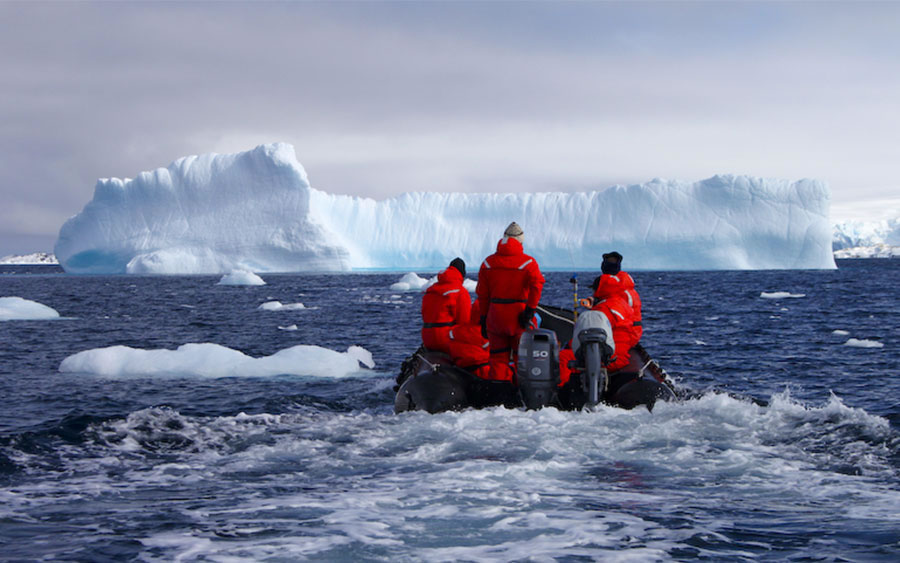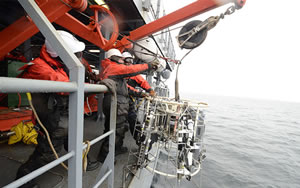Z7_89C21A40L06460A6P4572G3JN0
 Inglés UdeA - Cabezote - WCV(JSR 286)
Inglés UdeA - Cabezote - WCV(JSR 286)
Z7_89C21A40L06460A6P4572G3JQ2
 Signpost
Signpost
Generales
Z7_89C21A40L06460A6P4572G3JQ1
 UdeA researchers head to Antarctica for climate change study
UdeA researchers head to Antarctica for climate change study
Z7_89C21A40L06460A6P4572G3JQ3
 Portal U de A - Redes Sociales - WCV(JSR 286)
Portal U de A - Redes Sociales - WCV(JSR 286)
Z7_89C21A40L0SI60A65EKGKV1K57




 The researchers will journey to Punta Arenas, Chile, on February 15, and on February 18 they will head for Profesor Julio Escudero, a permanent Chilean research base, where they will conduct fieldwork. For three weeks, the researchers will collect samples and conduct preliminary treatments. Upon arrival in Colombia, the three researchers will conduct a detailed taxonomic classification along with graduate and undergraduate students, after which they will write reports and scientific papers that support their findings. The whole process can take up to two years to complete.
The researchers will journey to Punta Arenas, Chile, on February 15, and on February 18 they will head for Profesor Julio Escudero, a permanent Chilean research base, where they will conduct fieldwork. For three weeks, the researchers will collect samples and conduct preliminary treatments. Upon arrival in Colombia, the three researchers will conduct a detailed taxonomic classification along with graduate and undergraduate students, after which they will write reports and scientific papers that support their findings. The whole process can take up to two years to complete.